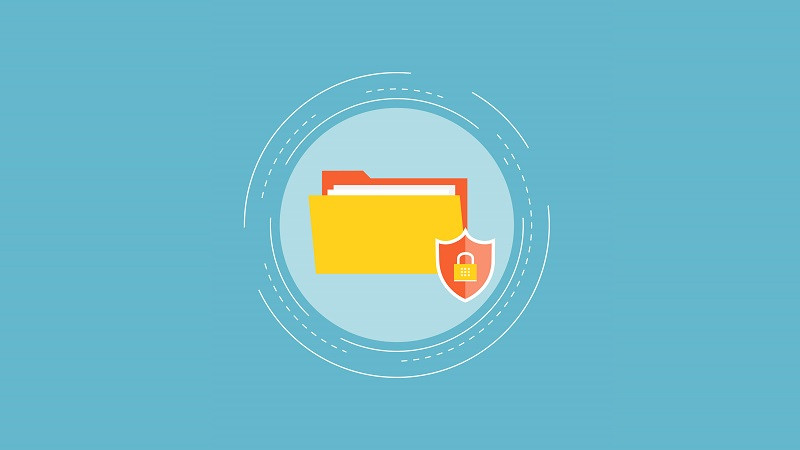

Data Security in File Sharing: What You Need to Know
With the advent of cloud storage and the increasing need to collaborate and share files, data security has become a significant concern for individuals and businesses alike. While the convenience and ease of file sharing are undeniable, it is crucial to understand the potential risks associated with it and take necessary precautions to protect sensitive information.
Here are some important things to know about Data Security in File Sharing:
Encryption - The Key to Secure File Sharing
Encryption plays a vital role in ensuring the security of shared files. It scrambles data before transmission, making it unreadable for anyone without the decryption key. When choosing a file-sharing service, it is essential to opt for platforms that employ strong encryption algorithms, such as AES-256, to guarantee your data's confidentiality. Additionally, end-to-end encryption ensures that only authorized recipients can access the shared files, reducing the risk of interception.
Two-Factor Authentication (2FA) - Adding an Extra Layer of Security
Enabling two-factor authentication adds an extra layer of security to your file-sharing process. 2FA requires users to provide two forms of identification beyond just a password, such as a fingerprint scan or a one-time passcode sent to their mobile device. This additional step significantly reduces the chances of unauthorized access, as even if someone obtains your password, they would still require the second factor to gain entry.
User Permissions and Access Control
One of the most crucial aspects of secure file sharing is user permissions and access control. It is imperative to ensure that only authorized individuals have access to sensitive files. File-sharing platforms should offer options for granular controls, enabling administrators to set permissions at the file level, and dictating who can view, edit, or share specific documents. This prevents accidental or intentional sharing of files with unauthorized individuals, minimizing the risk of data leaks.
Secure Network Connections
When sharing files, it is essential to consider the security of the network you are using. Unsecured Wi-Fi networks, such as those found in public places, pose a significant risk to the confidentiality and integrity of shared data. It is advisable to use a Virtual Private Network (VPN) while accessing files over public networks. A VPN encrypts your internet traffic, protecting your data from potential eavesdroppers, and ensures secure connectivity.
Regularly Update and Patch Software
Regularly updating your file-sharing software is crucial for maintaining data security. Companies offering file-sharing services often release updates that address vulnerabilities and security flaws. Falling behind on updates could expose your files to potential threats or exploits. Additionally, keeping your operating system and other relevant software up to date minimizes the risk of malware gaining access to your shared files.
Data Backups - An Essential Safeguard
Even with stringent security measures, accidents and unforeseen events can still lead to data loss. Therefore, maintaining regular backups of your shared files is crucial. This backup strategy should include offline or cloud-based backups to ensure redundancy and quick recovery in case of data loss. An effective backup system acts as a safety net, allowing you to restore files to their original state should any security incident occur.
Employee Training and Awareness
Lastly, ensuring that all users, especially employees, are well-informed about data security best practices is essential. Conduct regular training sessions to educate employees about the importance of secure file sharing and the risks associated with careless behavior. Encourage the use of strong passwords, and safe sharing practices, and verify the authenticity of recipients before sharing sensitive files.
Popular articles

Oct 23, 2023 11:30 AM

Oct 23, 2023 11:36 AM

Oct 23, 2023 11:48 AM

Oct 21, 2023 05:57 PM

Oct 23, 2023 10:28 AM
Categories
Comments (0)